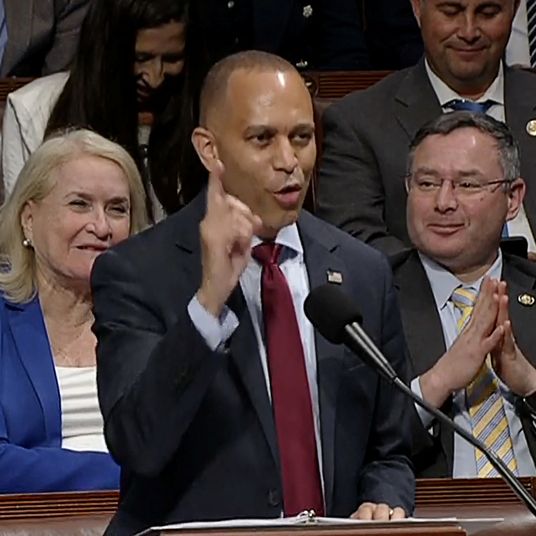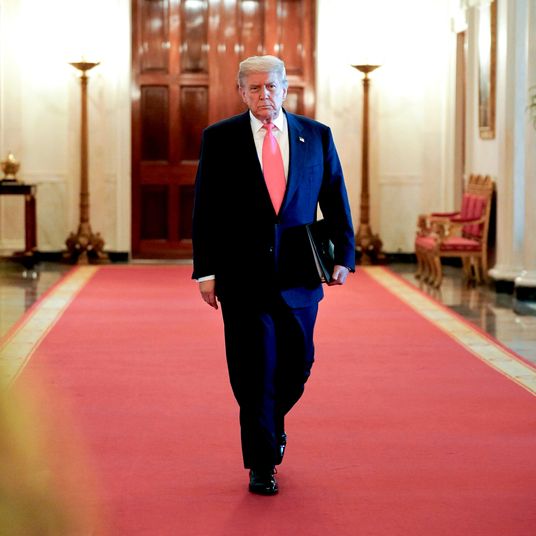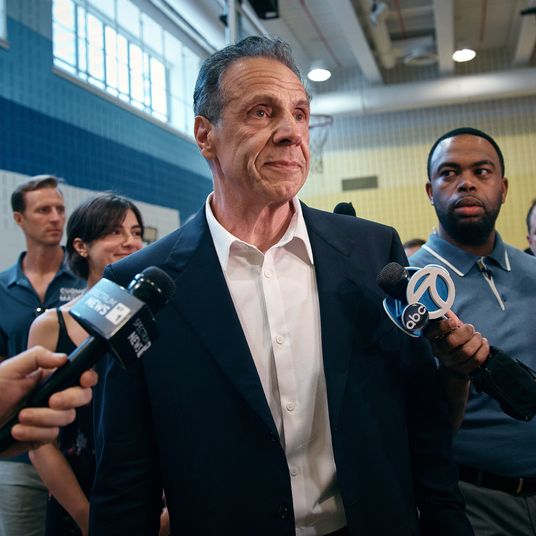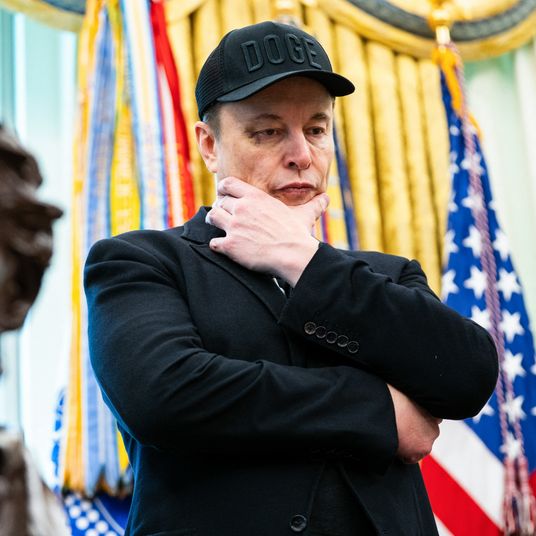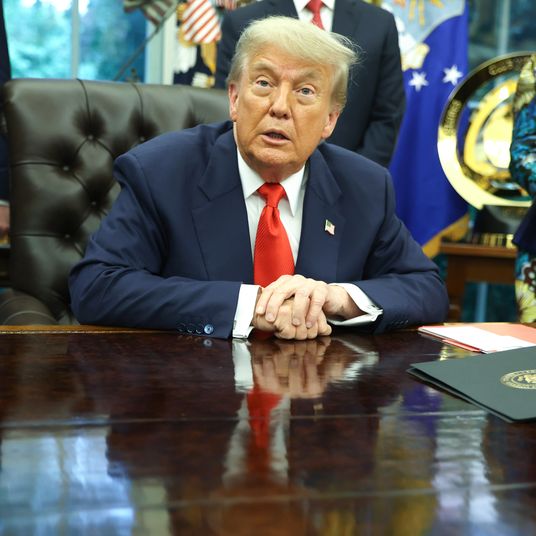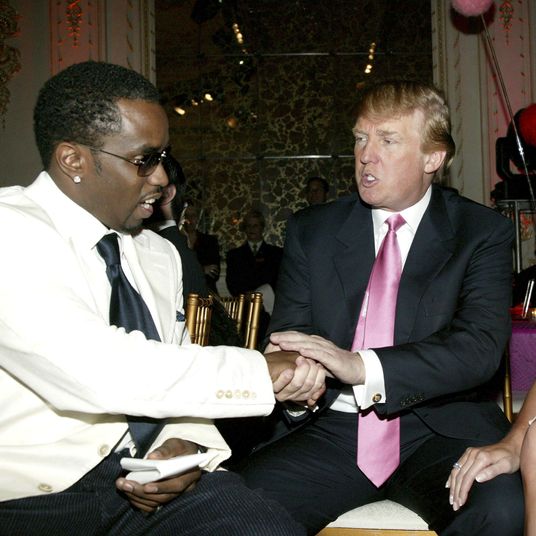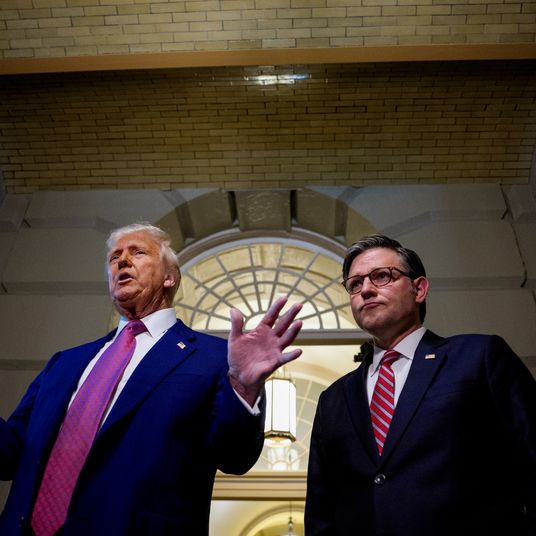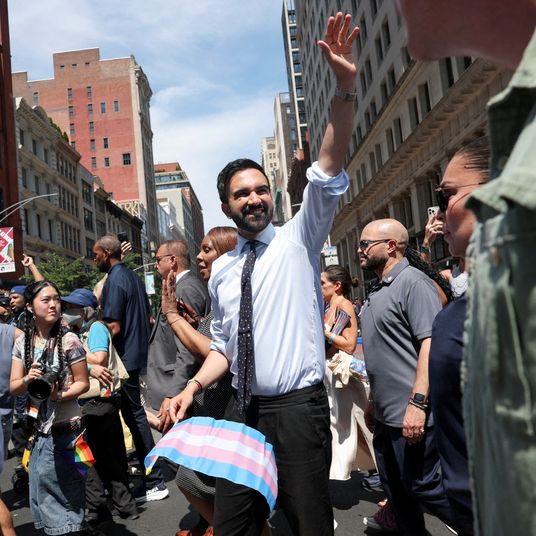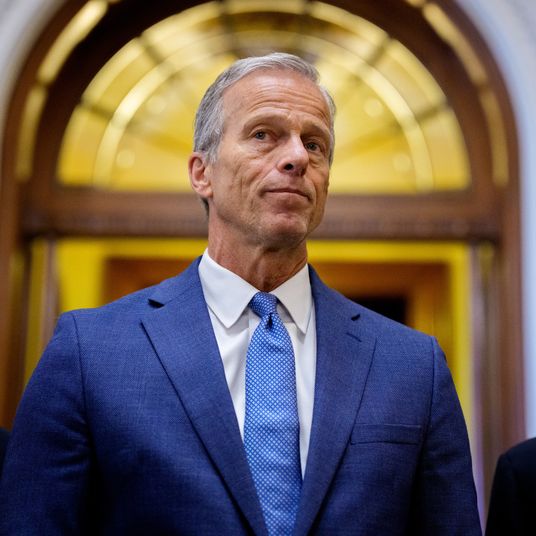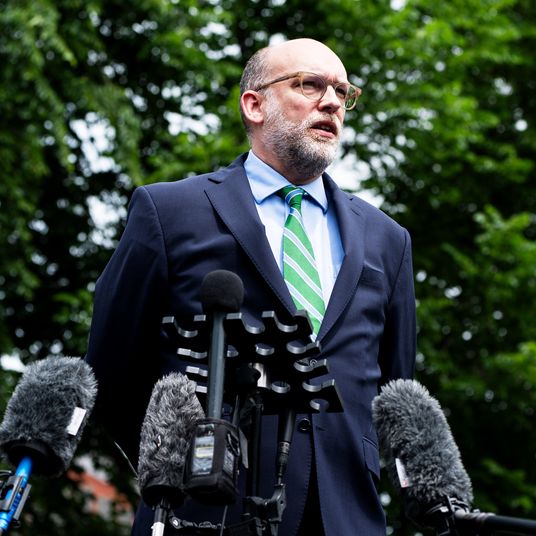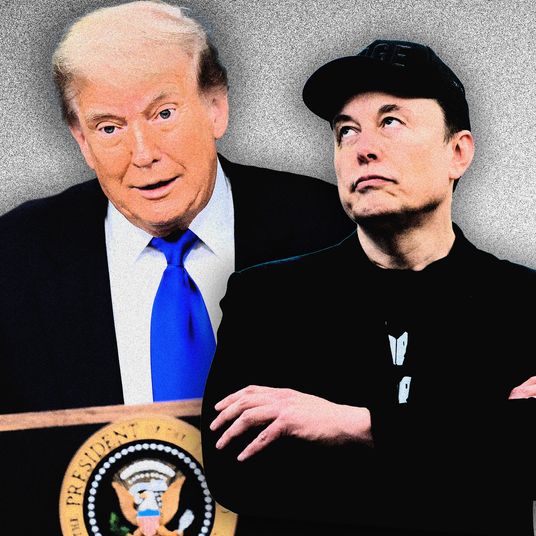
In an event that consummates the reversal of national fortune that began when voters narrowly chose to return Donald Trump to the White House, Congress has passed his massive and deeply reactionary One Big Beautiful Bill budget measure. Thanks to this bill, Trump could resign tomorrow and still point to an enduring legacy. Quite a few of his executive orders may ultimately be reversed or curtailed by the courts; his key appointees may fall by the wayside out of incompetence and corruption; and some of his policies, like his protectionist tariff regime, may collapse from sheer incoherence. But the 940-page bill he will sign on July 4th will change the country in ways that will be difficult to reverse, even if his party loses Congress and the White House.
It is, in fact, the single most sweeping piece of legislation in American history. Other presidents have used the mega-packaging device, known as budget reconciliation, to get around Senate filibusters obstructing their initiatives. But none before Trump have packed a year’s worth of legislation, much of it designed to make major changes in federal policies and personnel, into a single bill, a One-and-Done agenda with no Plan B if it failed. It was arguably this high-risk but even higher-reward strategy that in the end enabled Republican leaders to convince nearly all their troops to go along with a bill they knew would prove unpopular once the public finally understands its Reverse Robin Hood nature. Nobody wants to campaign on shredding the social safety net to cut taxes for corporations and the wealthy. But nobody wanted to cross the 47th president either.
That proved true in the House even though the Senate changed the megabill in ways that made nearly everyone unhappy, with deeper Medicaid cuts, wildly expensive permanent tax cuts, shocking quantities of red ink, and sweet deals for recalcitrant senators. Eventually it hardly mattered to Republicans what was in a bill none of them had actually read: It was Trump’s bill, and no other bill would do.
It will take a long time to completely parse this legislation, and to discover whatever side-deals involving its implementation were struck to lubricate final passage. But the big picture is clear.
First of all, the megabill represents a U-turn in America’s long, slow progress towards universal health coverage. An estimated 12 million people will lose insurance provided by either Medicaid or by Obamacare subsidies. Countless hospitals and clinics, particularly in underserved rural areas, could close down or curtail services. More subtly, the megabill reinforces the idea that health care is not a human right but a privilege that should be denied to people whose work habits or immigration status displeases Republicans. The $930 billion cut from Medicaid over the next decade will help finance tax cuts and mass deportations, but the cost the country will pay in untreated health conditions will dwarf those numbers very quickly. Past Republican presidents have longed to whack Medicaid, but Trump succeeded, even as he characteristically refused to admit he was cutting it at all.
Second of all, the megabill entrenches and expands the upper-income-tilted tax cuts Republicans enacted in 2017, last time they had control of Washington. Particularly lavish beneficiaries are lucky heirs with much higher estate tax exemptions; upper-middle-income itemizers from high-tax states; and businesses with more liberal write-offs for investments. Even tax cuts advertised as “across-the-board” tend to disproportionately benefit wealthy people and corporations with greater tax liabilities.
Third of all, the megabill executes a true 18o-degree turn on energy and environmental policy, with a near total (if occasionally deferred) abandonment of clean energy incentives and a deliberate return to heavy reliance on fossil fuels. With malice aforethought, the bill’s designers and the Trump administration itself are destroying the climate change mitigation efforts that characterized the Biden presidency in one of its own budget reconciliation bills, the Inflation Reduction Act.
Fourth of all, the megabill represents horrible news for state governments, who will be forced to take on a higher percentage of safety net costs, particularly for Medicaid and for SNAP (also known as food stamps). In addition to other cuts in federal-state programs imposed by executive order or in pending appropriations bills, state budgets are going to be in trouble for the next few years, with many governors and legislators inevitably reducing their own expenditures on programs they jointly administer with the federal government.
Fifth of all, one of the bill’s principal objectives uses spending cuts elsewhere to finance a massive expansion of “border security” resources, which will allow the administration to take its mass deportation program to an unprecedented level of breadth and intensity. Other than closed-down rural hospitals, the most visible effects of this legislation may well be new ICE holding facilities and expanded snatch-and-grab operations. Compared to what’s ahead, we really haven’t seen anything yet from ICE.
And finally, there’s the inescapable fact that the megabill’s $3 trillion boost in the public debt will make it difficult for a future Congress to reverse any of its reactionary policies. For all the caterwauling among self-styled fiscal hawks, they voted for a bill that will make the nation’s fiscal condition significantly worse, particularly in view of the permanent tax cuts. As conservatives have long acknowledged, deficits can work to “starve the beast” of progressive governance by making new resources scarce.
All in all, it’s indeed a big ugly mess. New York Times columnist Jamelle Bouie is correct in saying that much of this legislation simply represents ancient Republican dreams fully realized: “It is, perhaps, the longest-standing priority of the modern Republican Party to starve the welfare state, lower taxes as much as possible and spend what little federal revenues remain on internal and external security.” It’s Trump’s singular accomplishment, however, to achieve so much of his ambitions in a single bill with so little resistance. His first 2017 megabill failed when John McCain gave it a theatrical “thumbs down.” There was no such dramatic moment of rebellion this time around. And the 47th president has gone much, much farther than any previous president–at least since Franklin D. Roosevelt, and maybe since the Founders–to complement his legislative victory with aggressive executive actions, and to reduce the opposition to flailing irrelevance.
Give the devil his due. Precisely because of it hellish consequences and infernal implications, Trump’s megabill is an accomplishment that will justify his lavish self-congratulations.
More on Politics
- Poll Shows Public Knows Little About Trump’s Ugly Megabill
- Trump Betrayed His Base With the Big Beautiful Bill, and the GOP Will Regret It
- Theme of America’s 250th Birthday Bash Is (Probably) Donald Trump

